Collateral Beauty Writer Allan Loeb on Tragedy, Hope and His Inspiration — It’s A Wonderful Life
LOS ANGELES – Screenwriter Allan Loeb doesn’t know if moviegoers will enjoy his new film Collateral Beauty as much as they do the 1946 classic It’s A Wonderful Life, but if not, he still hopes they walk away inspired and encouraged – with a new perspective.
Collateral Beauty (PG-13) opens this weekend, telling the story of a man named Howard (Will Smith) who, while grieving his young daughter’s death, begins writing letters to things – specifically, “death,” “love” and “time.” Although Howard’s letters are mostly therapeutic, he is shocked when he begins receiving replies.
Loeb calls Collateral Beauty a “Christmas fable” – a label he also gives to It’s A Wonderful Life and A Christmas Carol. The movie is set during the Christmas season.
“When I was building this story, I said to myself: I want this to be my version and my attempt of It’s A Wonderful Life – one of my favorite Christmas fables – or A Christmas Carol,” Loeb told SCENES. “Those are uplifting holiday fables which also happen to deal with some very dark issues. People forget that in It’s A Wonderful Life, George Bailey was standing on a bridge. He was going to kill himself. People think of that movie as such a wonderful fable, but that movie went dark to get light. I really wanted to do that with this.”
As the movie’s name implies, Loeb believes that through tragedy, there can be hope … even beauty. SCENES spoke with Loeb about the story and also about the film competing with Rogue One. Following is a transcript, edited for clarity:
SCENES: What is this movie saying about life’s tragedies? What does Howard discover?
Allan Loeb: The title does suggest that it’s a movie that within tragedy there can be beauty – at some point. And that point is different for everybody; you do need to recapture your faith. Because if you don’t, that is real tragedy, then. … I’ll quote Will Smith here, and he says when you’re cut open and you bleed, that space is there for light to come in. After tragedy, there is a little bit of understanding that once you’ve seen the darkness, then you can truly, truly appreciate the light.
SCENES: What led you to want to write this?
Loeb: I had this kernel of an idea, which was a guy who suffered some unspeakable tragedy and was looking for answers and was writing direct letters to the cosmos – the cosmos being time, love and death. And what if those letters were answered? And that was an idea I kicked around for years, until I unpacked it and just kept working on it. I thought it was a unique story that was risky but something I had to tell.
SCENES: You could have picked any sort of tragedy for this story. You picked a child’s death. Why?
Loeb: Well, it needed to be something that was real – something that doesn’t “punt.” It needed to be something that is going to cause my character to literally not be engaging with the world, and something that causes my character to search for answers to the point where he’s writing letters to the cosmos – but at the same time he’s not even speaking to his friends. He’s literally a bit of a zombie – going to dog parks without owning a dog, setting up domino mazes in his office. What causes that? If his grandfather died at 92 years old, that’s probably not going to work. So you’ve got to go a little harsher. You’ve got to go a little deeper and a little darker. And when I landed on the death of a child, I said, that fits the story for me.
SCENES: You had to pick the most horrific tragedy that we can think of – a child’s death.
Loeb: I think it’s our ultimate vulnerability.
SCENES: Jesus told parables, and perhaps you weren’t thinking about in those terms, but could this be viewed as a parable?
Loeb: I view it as a fable. I don’t know if fables and parables are the same thing; they’re probably cousins. It’s told with a little bit of heightened reality. Without giving any spoilers, there is a magical surrealism to it. I love fables and myths, and that’s what I intend to write almost every time out – whether it’s a rock musical or this movie.
SCENES: You’re going against Rogue One on opening weekend. What are your thoughts on that?
Loeb: It’s always, in Hollywood, a tough thing to go up against a Star Wars movie. But there’s room. The business has gotten into an unfortunate situation where you are judged by an opening weekend number, and that’s a tough situation. Now, I’m not judged by that, or I don’t think this movie should be. The number [it will be judged by] is going to be between Dec. 16 and Jan. 5 – during holidays there is room. People go to four or five movies during that time. Opening weekend is not as important during this time of year. Rogue One is going to get its number and it’s going to be astronomical. Hopefully we will be able to be the Little Engine That Could, all the way through the holidays.
Collateral Beauty is rated PG-13 for thematic elements and brief strong language.
Follow Michael Foust on Twitter: @MichaelFoust

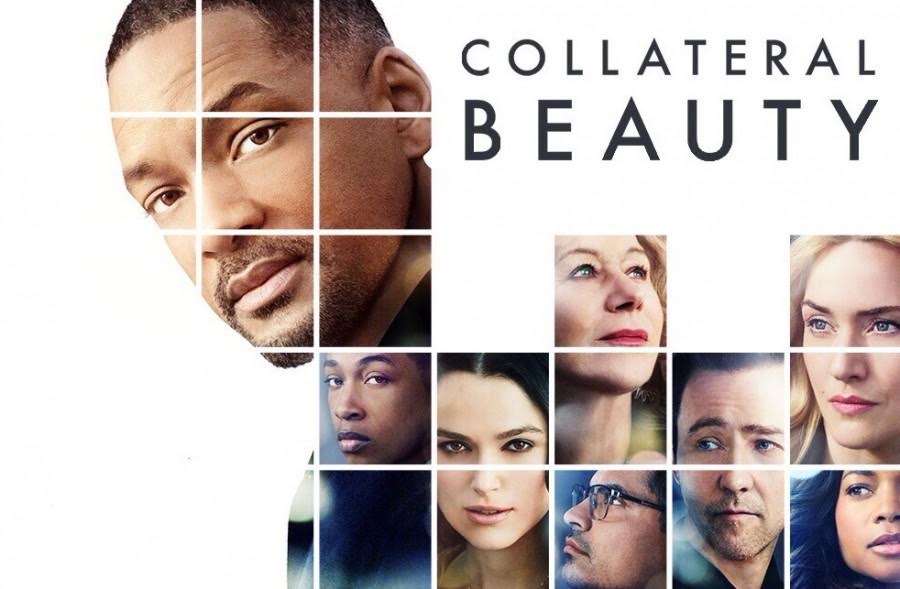
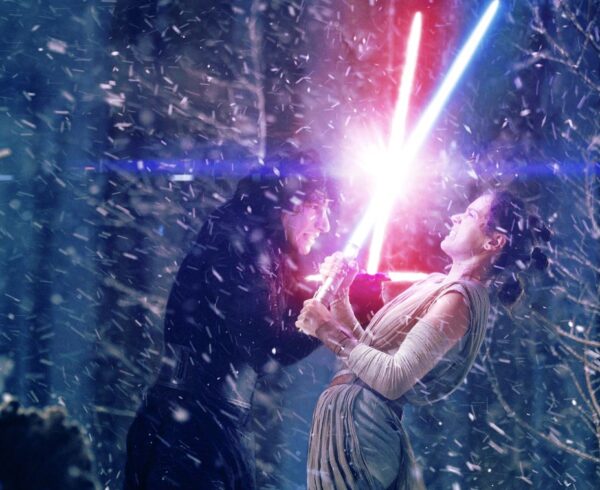
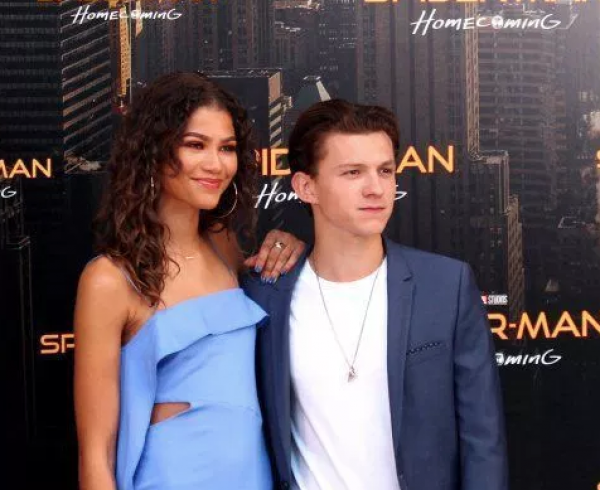
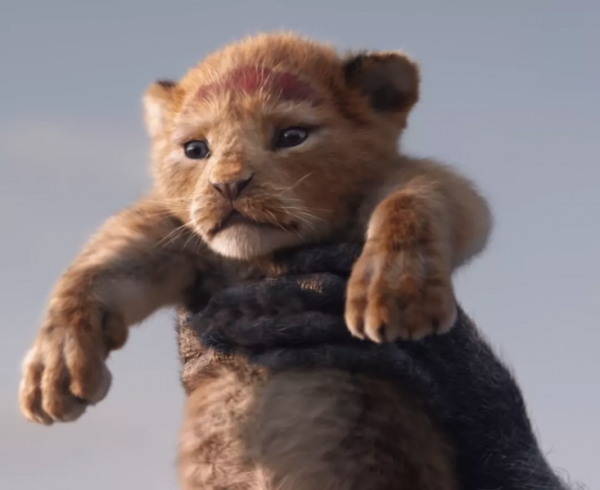
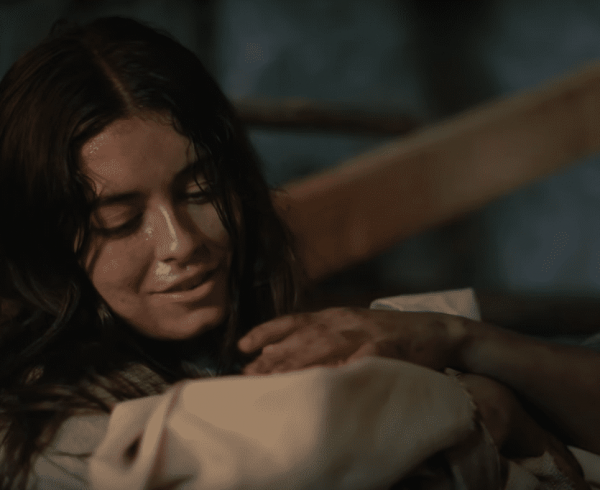
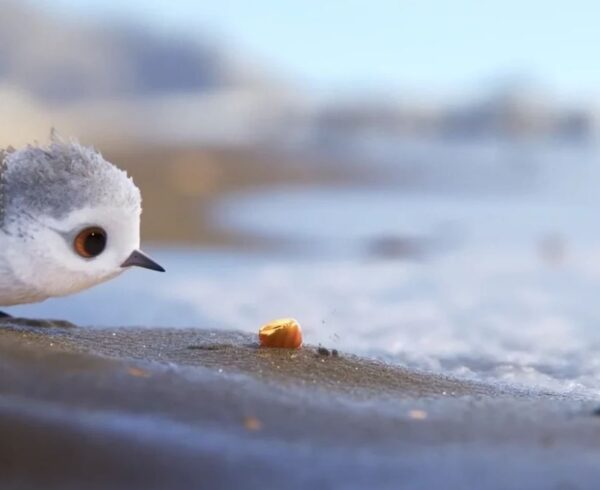





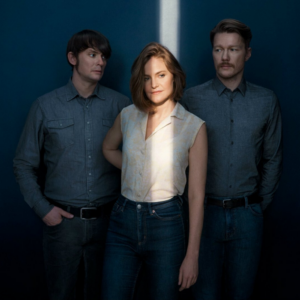
Thank you for your ability to follow through in writing this movie. To bring your words to life in such a beautiful way. It moved me to tears and I honestly can’t believe I waited this long to actually sit down and watch the movie. It is a movie that hits home for me. My family and I lost a child as a stillborn three years ago. Loosing a child most certainaly changes a lot of things within the way you look at life itself. It changes who you are as a person and in a marriage. You displayed each emotion through love, time and death so beautifully. There was a true sense of boldness that was brought to life while watching this movie and for that I want to say thank you. Thank you for speaking truth and reaching the heart of people such as me in such a way that shines life. I wholehearted believe that through pain, loss and such tragedy beauty can be found. I am so happy my family and I have personally found Collateral Beauty. Thank you.